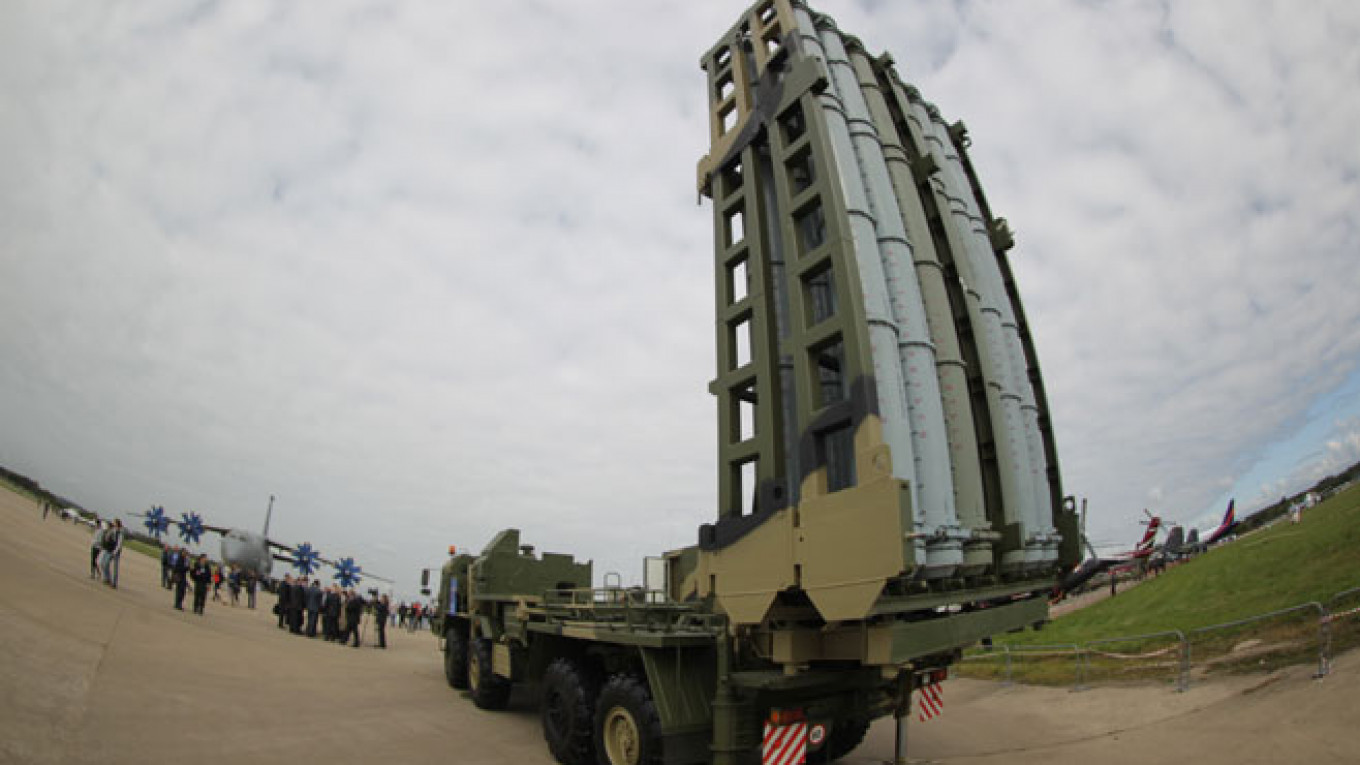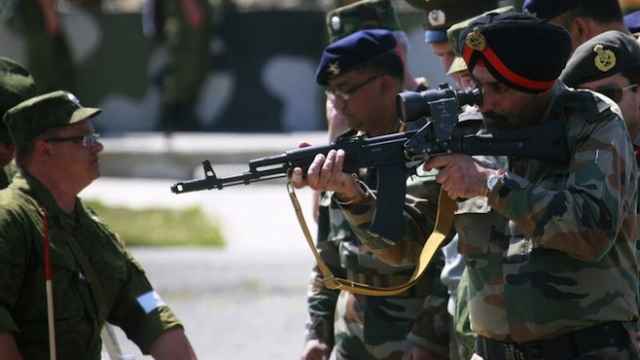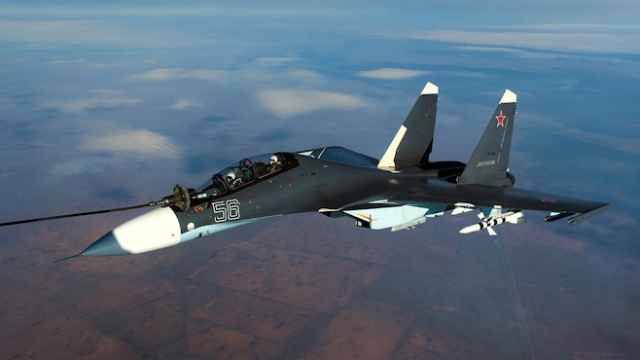This article was originally published by EurasiaNet.org.
Russia has announced the details of a new shipment of arms it is sending to Armenia, a relatively rare move likely connected with Russia's ongoing tension with Turkey.
Last week, the Russian government announced that it would be providing Armenia with a $200 million credit to buy equipment including multiple-launch rocket systems, anti-tank missiles, handheld antiaircraft missiles and upgrades to tanks.
The credit was announced last year, as an apparent concession by Russia amid large-scale street protests in Armenia against the country's Russian-owned electricity company. But the details of the weapons to be acquired weren't released, which is the normal practice with Russian arms deliveries to Armenia, said Emil Sanamyan, an analyst who closely follows Caucasus military affairs.
In general, Armenia prefers to cultivate an air of mystery about what weaponry exactly it is acquiring, partly to keep its rival, Azerbaijan, off-guard but also because it likely is acquiring far less and so has little to gain by flaunting it. Azerbaijan, by contrast, tends to exaggerate its purchases in an effort to intimidate.
(That said, Azerbaijan's purchases are still substantial, and a large portion of them also come from Russia. This week, the Stockholm International Peace Research institute released a report noting that Azerbaijan was the largest importer of arms in Europe over the period 2011-15, and that it accounted for nearly five percent of Russian exports over that period.)
In this context, last week's announcement of the Russian-Armenian arms deal, with the agreement posted on an official Russian government website, was out of character for Russia (which tends to respect Armenia's wishes for relative privacy). The change in policy is likely due to Russia's ongoing tension with Turkey and intended to send a public message that it is continuing to put pressure on Ankara, even when it's carrying out policies that were worked out before this conflict erupted last fall, Sanamyan said in an email interview with The Bug Pit.
This is of a piece with Russia's other military cooperation programs with Armenia, which now are being rebranded as explicitly anti-Turkish efforts, from last week's addition of several fighter jets to the Russian air base in Armenia to ongoing efforts to create a joint Russian-Armenian (and -Belarusian and -Kazakh) air defense system.
Meanwhile, tension between Armenia and Azerbaijan continues to simmer. Earlier this month, U.S. intelligence officials said that the potential for war over the disputed territory of Nagorno Karabakh is rising. "Baku's sustained military buildup coupled with declining economic conditions in Azerbaijan are raising the potential that the conflict will escalate in 2016," the head of U.S. intelligence, James Clapper, told a Congressional committee. "Azerbaijan's aversion to publicly relinquishing its claim to Nagorno-Karabakh proper and Armenia's reluctance to give up territory it controls will continue to complicate a peaceful resolution."
A Message from The Moscow Times:
Dear readers,
We are facing unprecedented challenges. Russia's Prosecutor General's Office has designated The Moscow Times as an "undesirable" organization, criminalizing our work and putting our staff at risk of prosecution. This follows our earlier unjust labeling as a "foreign agent."
These actions are direct attempts to silence independent journalism in Russia. The authorities claim our work "discredits the decisions of the Russian leadership." We see things differently: we strive to provide accurate, unbiased reporting on Russia.
We, the journalists of The Moscow Times, refuse to be silenced. But to continue our work, we need your help.
Your support, no matter how small, makes a world of difference. If you can, please support us monthly starting from just $2. It's quick to set up, and every contribution makes a significant impact.
By supporting The Moscow Times, you're defending open, independent journalism in the face of repression. Thank you for standing with us.
Remind me later.






